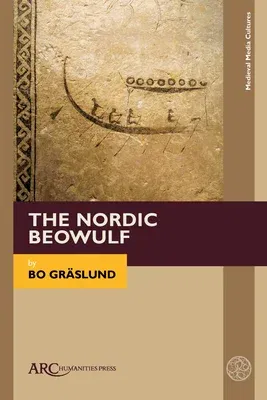Bo Gräslund
(Author)The Nordic BeowulfHardcover, 30 April 2022

Temporarily out of stock
Free Delivery
Cash on Delivery
15 Days
Free Returns
Secure Checkout

Part of Series
Medieval Media and Culture
Print Length
286 pages
Language
English
Publisher
ARC Humanities Press
Date Published
30 Apr 2022
ISBN-10
1802700080
ISBN-13
9781802700084
Description
Product Details
Author:
Book Format:
Hardcover
Country of Origin:
GB
Date Published:
30 April 2022
Genre:
Medieval (500-1453) Studies
ISBN-10:
1802700080
ISBN-13:
9781802700084
Language:
English
Location:
Leeds
Pages:
286
Publisher:
Series: